Staying Fit

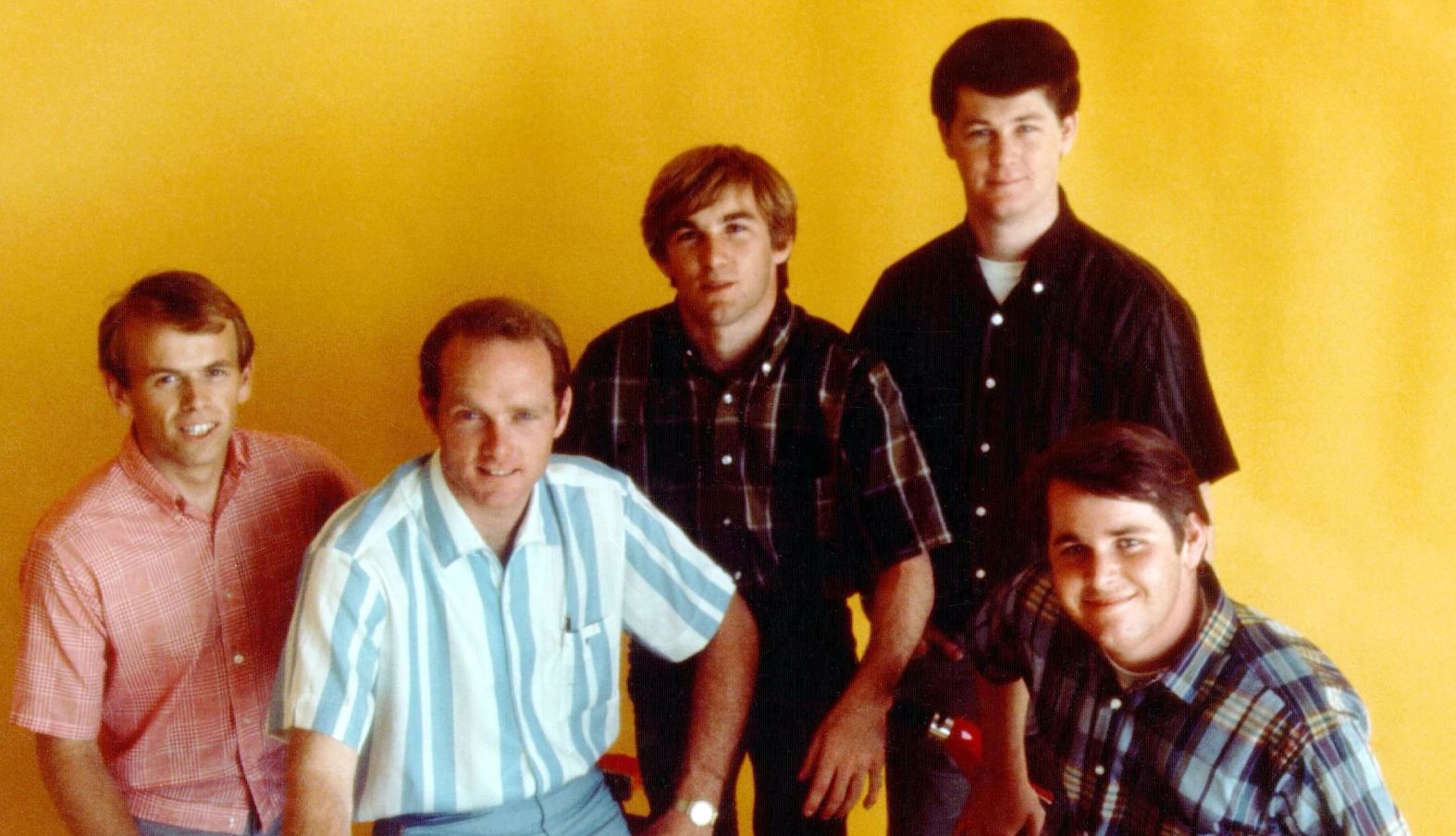
Sixty years after their breakthrough smash “I Get Around,” the Beach Boys’ remarkable, rocky career is the subject of a new documentary, The Beach Boys (streaming on Disney+ starting May 24, with a soundtrack album, The Beach Boys: Music From The Documentary). The group also published their first official book, The Beach Boys by the Beach Boys (Genesis, $65), chronicling them from the start, when the Wilson brothers — Brian, now 81, and the late Dennis and Carl — were kids harmonizing in the back seat of their parents’ car and at annual Christmas carol events at the home of cousin Mike Love, now 83. Brian’s high school football teammate Al Jardine, now 81, completed the band.
The film and book tell a dramatic tale full of heavenly harmony and infernal discord. The Wilsons’ father, Murry, beat and abused them like a horror movie monster but also in some ways protected them as manager of the teenage stars until they grew up and fired him. They were at first humiliated, then inspired by the Beatles, and vice versa — Mike Love got Paul McCartney to add a line extolling Russian girls in his Beach Boys pastiche “Back in the U.S.S.R.” It wasn’t all fun, fun, fun. The Beach Boys survived fights, addictions and involvement with Charles Manson, yet evolved artistically, sold more than 100 million records and outlasted almost every other early rock band.


AARP Membership— $12 for your first year when you sign up for Automatic Renewal
Get instant access to members-only products and hundreds of discounts, a free second membership, and a subscription to AARP the Magazine.
The Beach Boys by The Beach Boys is the ideal companion to the career-capstone documentary. It has 408 pages of rare photos and ephemera and draws on 25 years’ worth of interviews with the original five players, as well as Bruce Johnston, 81, who joined in 1965 to fill in for Brian on the road after his first replacement, Glen Campbell, left to go solo. Johnston still tours in the Beach Boys with Mike, the sole remaining original member. The Beach Boys by The Beach Boys gives you a sense of their interacting personalities — creative, wild Dennis, the only one who surfed (and sometimes preferred it to recording), and secretive baby brother Carl, whose emotional diplomacy mitigated strife and whom Brian often trusted to finish the production on his tunes. On the road, Carl was in charge.
Al Jardine continues performing with his solo band. He remains close to Brian, who has dementia and recently was placed under conservatorship. He tells AARP about his life with the Beach Boys from his ranch in Big Sur.
Is the documentary an accurate portrayal of the Beach Boys?
It’s great! It’s not complete by any means. We’ve been around for six decades. It’s pretty hard to catch in one go-round.
The Beach Boys were pigeonholed as a surf act, but didn’t you really pave paths to power pop, alternative and psychedelia?
We recorded things from rock to blues, even folk music. We were panned when we tried to pull off a disco song. It was a real disaster. But that’s the only thing we really failed to do. We’ve survived generations of changes.
How much did timing have to do with success?
It was the end of an era at Capitol Records for the Four Preps and the Kingston Trio. They were all sung out, maybe. We jumped in at just the right time with that young sound. We basically took over from the Four Freshmen — our biggest influence — who were winding down, and the Kingston Trio. Holy mackerel. They had a magnificent blend. We joined that continuum of wonderful singing bands. On our 40th anniversary box set, there’s a disc with voices only, and it rivals any vocal recording out there.







































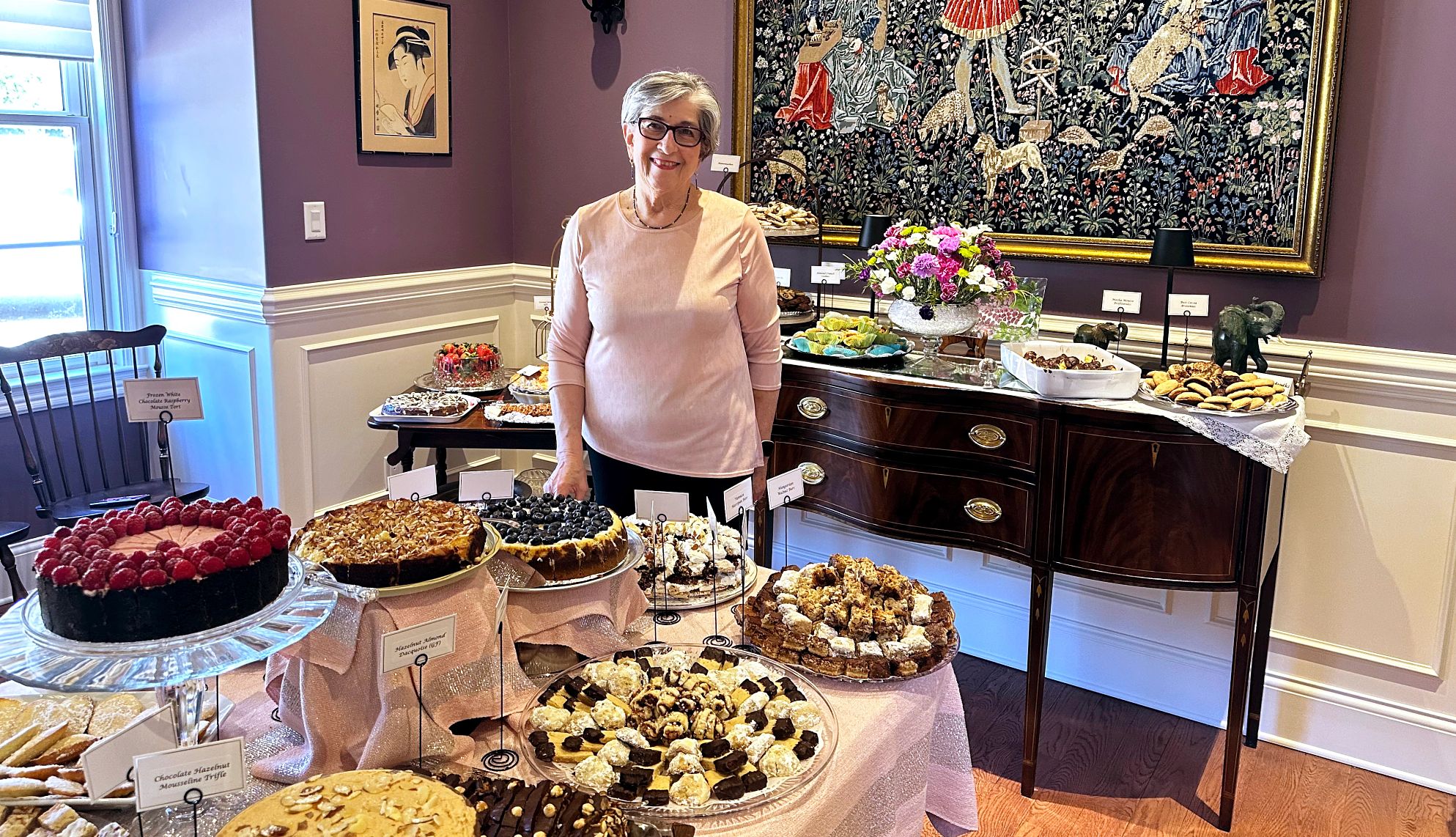




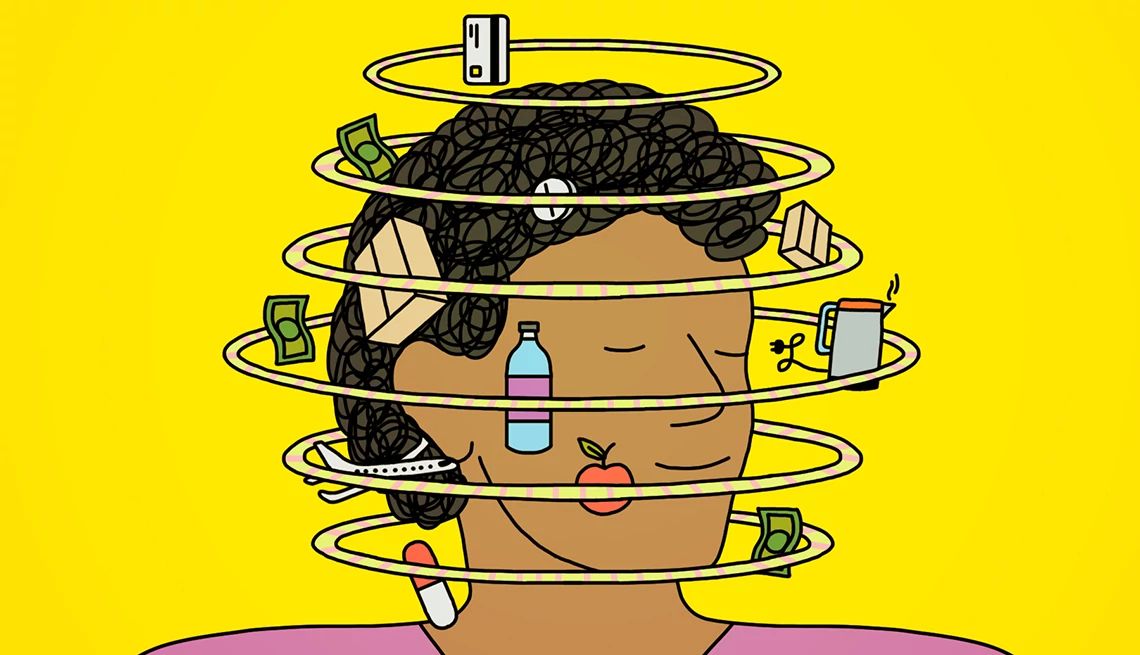

















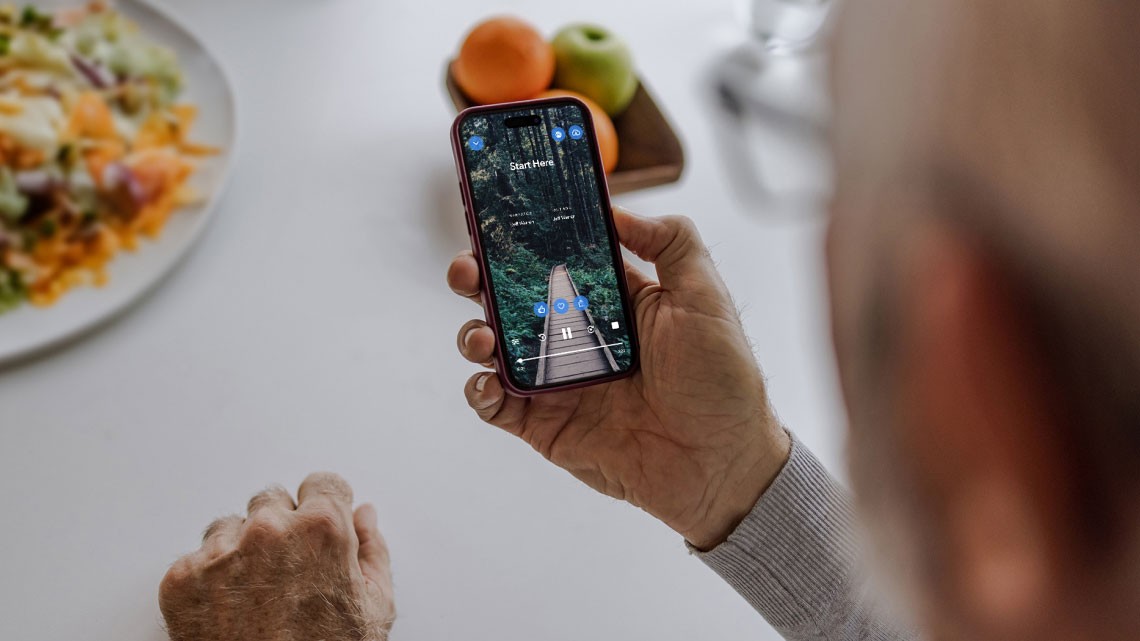
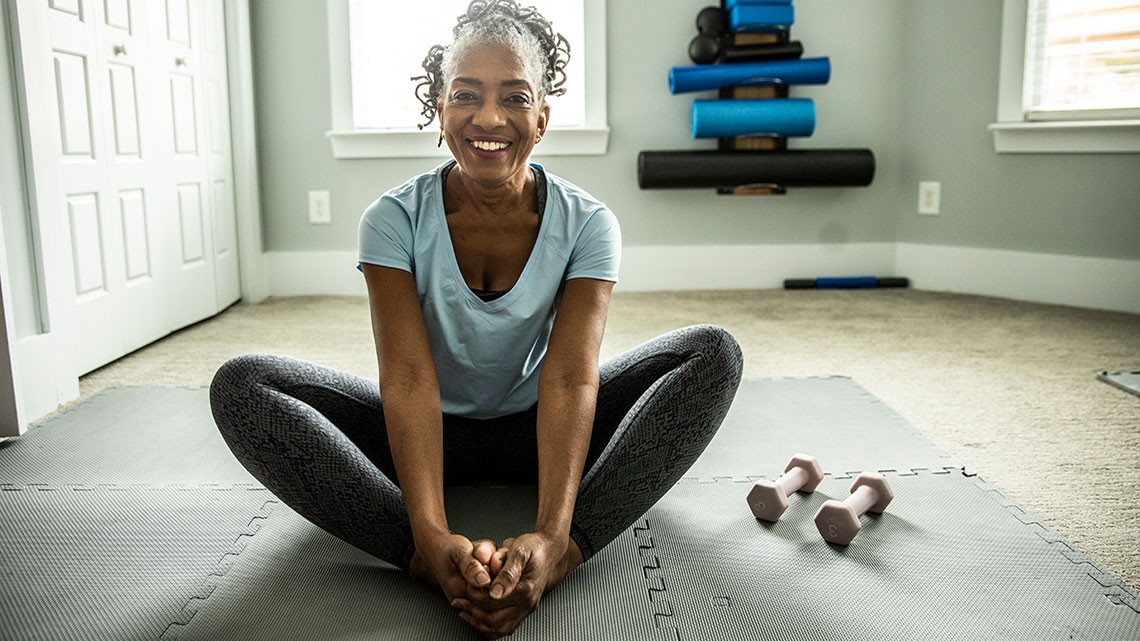
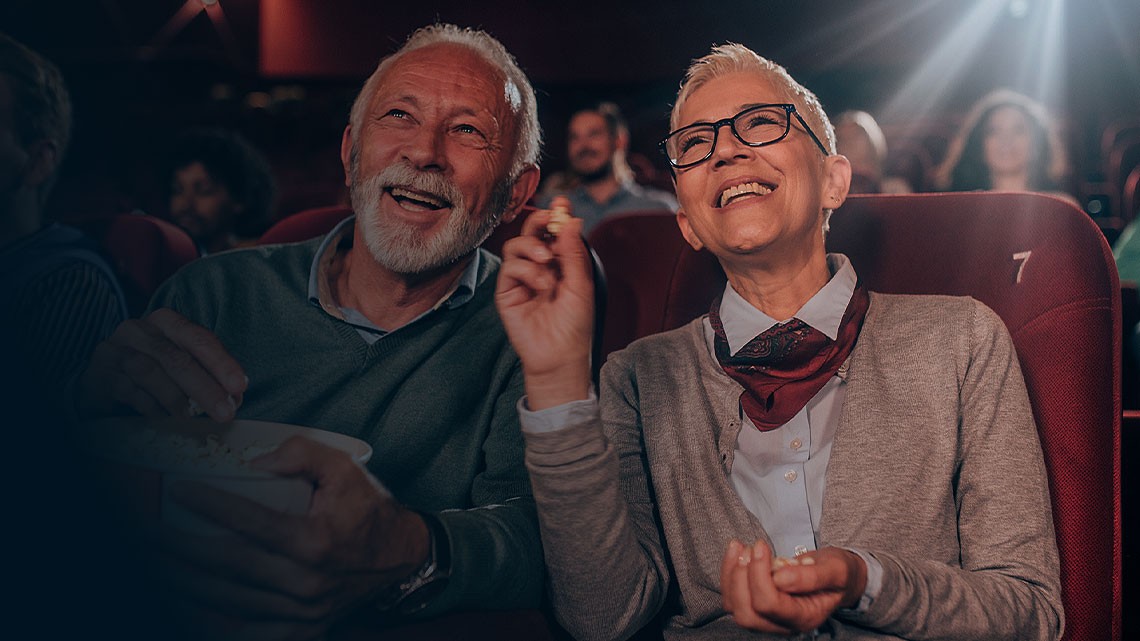

You Might Also Like
We Went Backstage at the Rolling Stones Concert. Here’s What We Saw
A massive behind-the-scenes effort was underway before Mick, Keith and Ronnie rocked Sin City
James Taylor: ‘I Love AARP. I Love My Community of Older People.’
Singer extols the value of life experience and talks summer tour, performing with Taylor Swift, retirement plans
Test Your ’60s Music Knowledge
Take our groovy classic tunes trivia quiz
More Members Only Access
Enjoy special content just for AARP members, including full-length films and books, AARP Smart Guides, celebrity Q&As, quizzes, tutorials and classes
Recommended for You